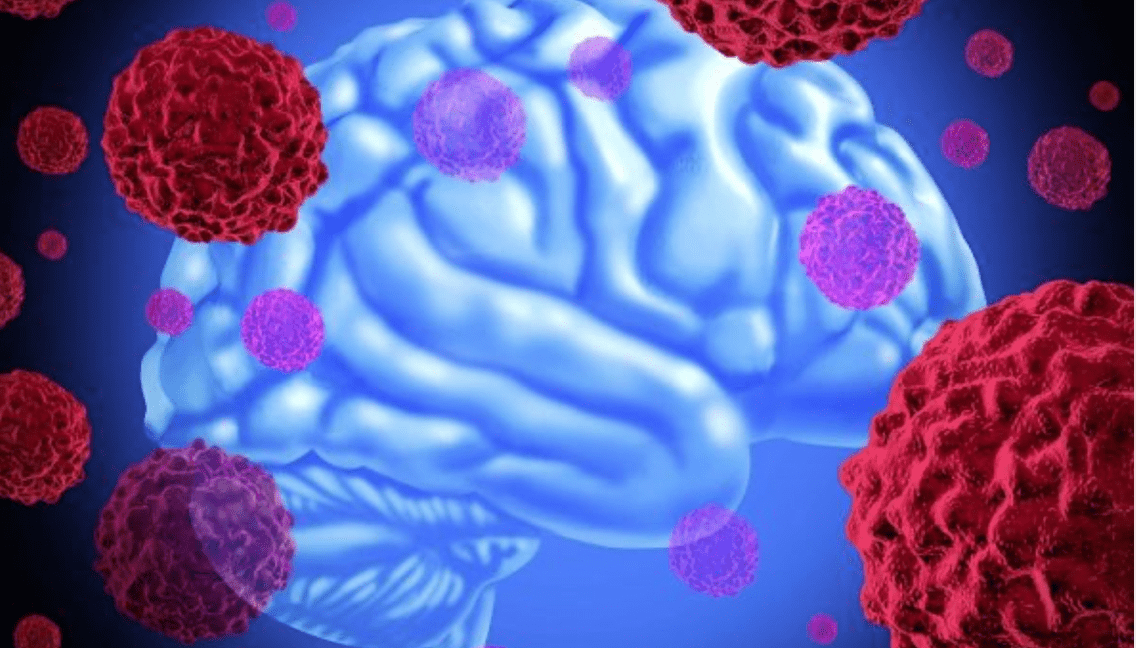-
 News
When glucose levels are low, chemotherapy ceases to affect cancer cells
News
When glucose levels are low, chemotherapy ceases to affect cancer cells
-
 News
Excessive treatment of prostate cancer in older men may reduce quality of life without increasing its duration
News
Excessive treatment of prostate cancer in older men may reduce quality of life without increasing its duration
-
 News
Brain cancer can be cured by viruses
News
Brain cancer can be cured by viruses
-
 News
Ways to reduce lymphatic pain in breast cancer have been found
News
Ways to reduce lymphatic pain in breast cancer have been found
-
 News
Scientists have turned bacteria into a powerful weapon against cancer
News
Scientists have turned bacteria into a powerful weapon against cancer
All news
Cholangiocarcinoma treatment
Cholangiocarcinoma is a rare tumor (1.26 per 100,000 people according to the US) that
originates from the epithelium of the bile ducts. It can be intra — and extrahepatic.
Separately, there is a cholangiocarcinoma of the bile ducts of the liver gate-a Klatskin tumor.
The prognosis is mostly unfavorable. The average survival rate is 24 months, the five-year
survival rate is 10-30%.
However, the location of the tumor is of great importance:
• When large ducts are affected, the disease develops faster,
• In the case of small lesions, the probability of a favorable outcome is much higher.
It is more common in people 50-70 years old, there are no differences by sex in the structure
of the incidence.
MedTour patients recommend clinics for the treatment of cholangiocarcinoma:
Doctors for the treatment of cholangiocarcinoma
Patient reviews
Good!
I want to share my experience with Liv Hospital, where I had a prostate removal surgery due to cancer. From the very beginning, everything was well-organized – the staff helped me with all arrangements, and the doctor explained everything in detail. The hospital itself is very modern and clean, which made me feel more comfortable.
The surgery went well, and I was surprised how fast I started recovering. Now, a few months later, I feel much better and my tests show good results. I’m really grateful to the doctors and nurses at Liv Hospital for their professionalism and care. If anyone is looking for high-quality prostate cancer treatment, I can definitely recommend this place.
Frequently Asked Questions
- Infection with viral hepatitis B
- Adenomatosis of the gallbladder
- Cirrhosis of the liver
- Non-alcoholic fatty liver disease
- Non-specific ulcerative colitis
- Smoking
If the tumor blocks the bile duct-the appearance of jaundice and sharp pain in the right hypochondrium against the background of complete external well-being.
- If the tumor begins to grow into nerves, blood vessels, and other ducts and metastasize:
nausea - recurrent jaundice
- pain in the right hypochondrium with radiation to the lower back or back
- alternating
- diarrhea and constipation
- in the later stages-the appearance of fluid in the abdominal cavity.
When the first symptoms appear, an experienced doctor performs an ultrasound of the abdominal cavity, which shows a formation in the liver or gallbladder. After that, a CT scan
of the chest, abdomen and pelvis with intravenous contrast is performed.
In cholangiocarcinoma, it is of great importance whether the tumor affects the portal vein and the hepatic artery, so in addition to CT 3 zones, the doctor makes an MRI of the
abdominal cavity for some patients. For additional accurate visualization of the damaged duct, percutaneous transhepatic cholangiography may also be required.
Experienced foreign doctors perform a biopsy to determine the type of tumor, prognosis and selection of individual treatment methods. If the tumor is not located deep in the liver tissue,
and the study does not carry a large risk of bleeding, a biopsy can be performed percutaneously (often during cholangiography).
In other cases, the biopsy is performed during laparoscopic surgery.
What are the innovative methods of cholangiocarcinoma in clinics abroad
Often, before starting a special treatment for cholangiocarcinoma, leading doctors in foreign clinics perform stenting of the bile duct — the introduction of a hollow tube into the lumen of the bile duct.
The purpose of the procedure is to reduce the pain that occurs in the overgrown bile duct and to restore the normal discharge of bile into the duodenum.
What operations are performed for cholangiocarcinoma
The main method of treating this tumor is surgery. Depending on the location and size of the tumor, leading doctors will offer the following options for surgery:
- Pancreatoduodenal resection (Vipla operation) — removal of the head of the pancreas, gallbladder, two-thirds of the stomach and duodenum.
- Hemihepatectomy-removal of the right or left half of the liver with the removal of the gallbladder. When planning an operation, doctors use the Child-Pugh Index to determine
whether a patient is able to undergo surgery. If you doubt the safety of a radical operation, sometimes the operation is performed in two stages. - Liver resection-removal of one or more segments of the liver.
Liver transplantation-an indication for surgery is most often a Klatskin tumor.
Chemotherapy is not very effective in this pathology, but it is used for:
- Reduce the swelling,
Prolonging survival in the inoperable process,
In the presence of metastases.
The main combinations of chemotherapeutic drugs in the treatment of this tumor are
gemcitabine and cisplatin.
Safety
According to global statistics, 10% of patients after Vipla surgery get infectious complications, and 1% die. These figures differ significantly depending on the center where the treatment is performed. The situation is similar with hemihepatectomy, since the assessment of the amount of liver that can be removed by the Child-Pugh index also depends on the doctor’s qualifications.The highest rates of successful operations in specialized centers around the world for this problem.
Efficiency
As mentioned above, the main method of treating cholangiocarcinoma remains surgical. Therefore, it is extremely important to completely remove the tumor and lymph nodes during the operation. It is also important to correctly prescribe chemo and radiation therapy, based on the clinical situation at diagnosis and in dynamics. All this requires the highest medical
qualifications, which very few specialists have. Such doctors, as a rule, deal only with this pathology and work in specialized clinics.
Therapeutic options
In contrast to medicine in the CIS, foreign clinics use targeted and immunotherapy for the treatment of cholangiocarcinoma (for example, pembrolizumab and nivolumab). The doctor
can replace classical radiation therapy with proton therapy, which gives a higher dosage. Also, foreign doctors examine the tissues of the tumor or metastases for the presence of
mutations and select the right therapy, which increases the chances of successful treatment.
Treatment for cholagiocarcinoma is:
in Turkey — up to 18 thousand dollars
in Europe — up to 25 thousand euros
in Israel — up to thousand 55 euros
Published:
Updated:










Does Ralf buhl also remove brain lipomas?